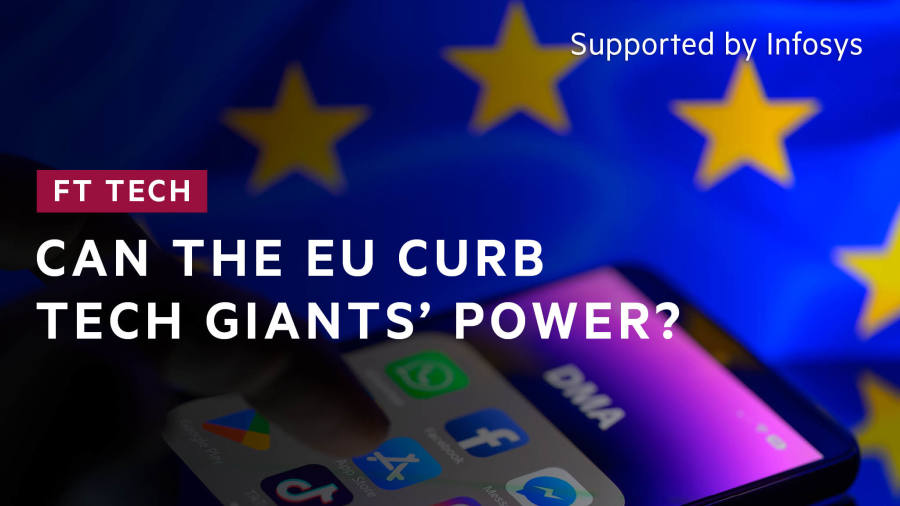Thames Water has received approval from more than three-quarters of its top-ranking lenders to take out a new emergency loan of up to £3bn and make other adjustments to its debt that will avert a cash crunch shortly after Christmas.
The utility, which serves 16mn customers in London and surrounding areas, has been struggling with £19bn of debt and is trying to avoid being renationalised under the government’s special administration scheme.
While the loan still needs to be approved at a High Court hearing next month, the results of the vote mean the plan has passed a key legal threshold showing that Thames has support from a majority of its largest class of bondholders.
The loan is aimed at averting what could be one of the largest corporate collapses in recent history but will saddle the group with expensive debt.
Other water companies including Southern Water are also being forced to raise debt at high rates, raising concerns over the financial stability of the water monopolies, which are under pressure over sewage outflows and other failings 34 years after they were privatised.
The loan proposal has come from holders of Thames Water’s top-ranking class A bonds, which account for the bulk of its debt. A smaller group of class B bondholders have in recent weeks proposed their own £3bn loan plan that they say could save the utility hundreds of millions of pounds in interest and other costs.
A spokesperson for the class A bondholders described it as “a decisive vote of confidence in the first stage of our restructuring plan for Thames Water from a large group of its creditors”.
The class A deal comes with an annual 9.75 per cent interest rate as well as steep fees, which will substantially raise the effective return for bondholders. The loan agreement also allows for a new package of “retention” incentives for Thames Water’s management team on “terms acceptable” to the creditors.
It will be provided in two tranches — an initial £1.5bn that would last until October 2025 and a further £1.5bn to be released if industry regulator Ofwat does not give permission to Thames Water to increase bills as much as it wants. The company has asked for a 53 per cent rise in bills and a decision is expected by Christmas or the new year.
The extra debt would give it more headroom to appeal to the Competition and Markets Authority in a process that could take up to a year.
Thames Water is separately seeking to raise at least £3bn of equity from investors after its existing shareholders — a group of pension funds and sovereign wealth funds — declared this year that the business was “uninvestable” and were prepared to walk away. That process is being run by investment bank Rothschild and has drawn a handful of interested bidders including Castle Water and KKR.
The group of class B bondholders, which is represented by law firm Quinn Emanuel, could still launch a legal challenge against the new loan proposal and restructuring plan. People close to these lower-ranking bondholders have argued that the 75 per cent approval from class A bondholder is simply a minimum requirement for courts to consider a proposal.
A spokesperson for Class B bondholders said it “will continue to press for a better alternative for Thames Water, which we are confident can and should still be implemented”.

















































































































































































You must be logged in to post a comment Login